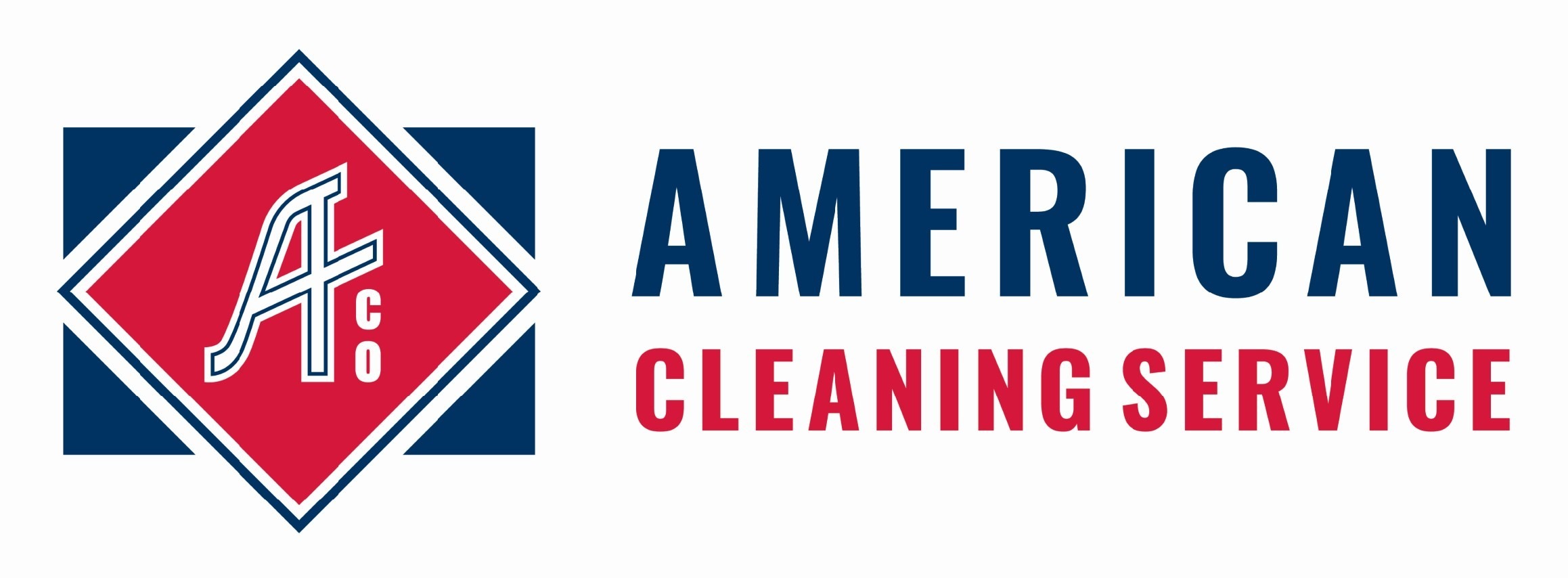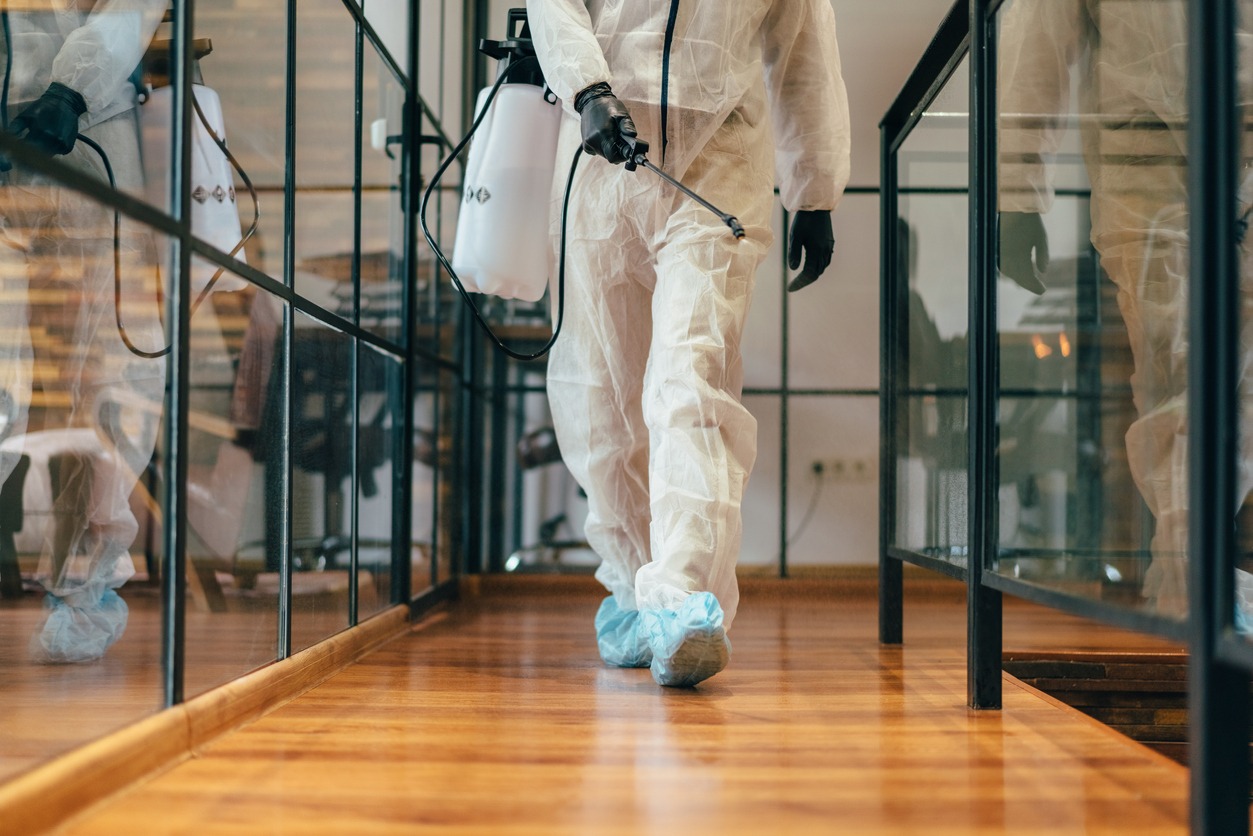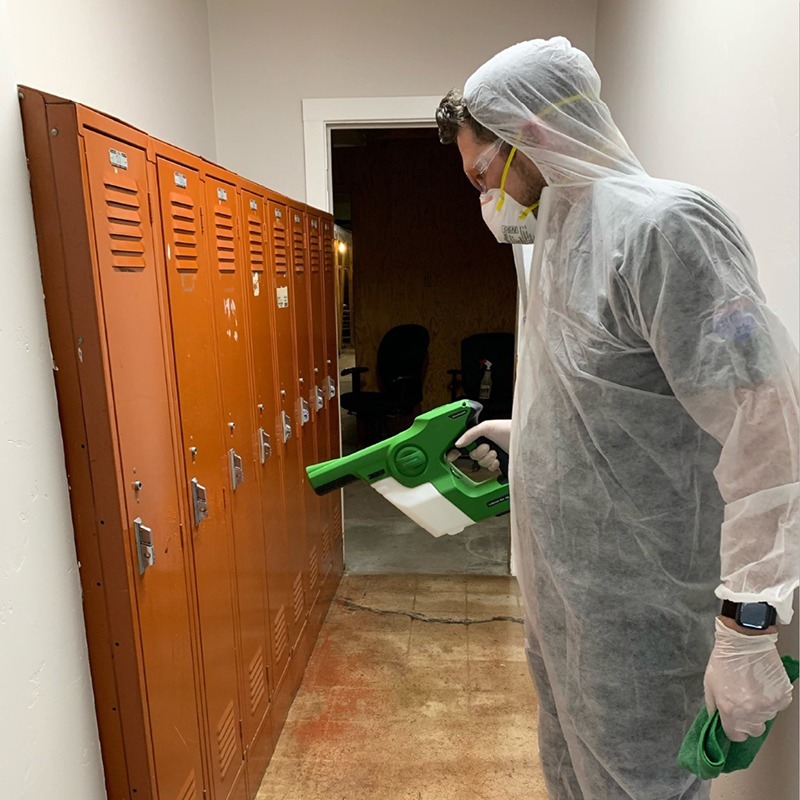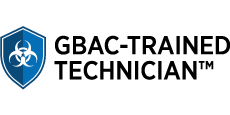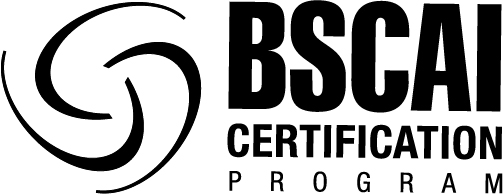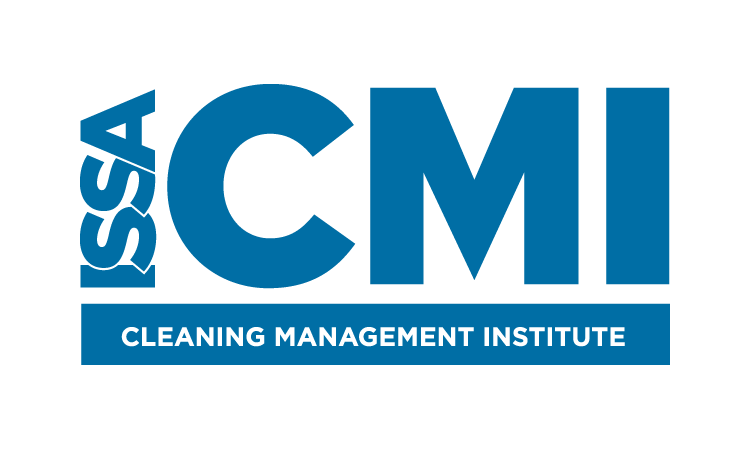We all know that workplace cleanliness has become a higher priority in the age of COVID-19. What’s not so obvious is how sanitation works not only to eliminate 2019-nCoV contamination but the psychological barriers that could come from a clean and healthy workplace.
Once an essential yet very “behind the scenes” part of business, facilities cleaning and worker safety has been shoved into the limelight. How will your COVID-19 mitigation plan perform? Here, we will discuss the psychological benefits of a clean and healthy workplace.
Prove Your Commitment to Your Workforce’s Safety
Do you know how confident your employees are in your company’s COVID-19 infection monitoring? Cleaning and disinfecting protocols, and social distancing plan? Perhaps it’s time to ask them. Global workforce consultants PwC did just that, polling more than 1,000 U.S. workers for their November 2020 Workforce Pulse Survey.
“Almost half of employees (48%) say they strongly or somewhat agree that they are forced to sacrifice personal safety to remain employed. Among those who identify as essential workers, that number is 52%. Even 45% of remote workers express this concern, possibly because they’re expecting to be recalled to a physical office at some point.” — PwC, “Recovery Starts with Safety and Confidence”
Surveyed workers are anxious about working on-site as they are about losing their income. They don’t want to get sick, and they don’t want to infect loved ones with compromised immune systems. They want assurances that you’ll prioritize a clean, healthy workplace ahead of the bottom line and won’t penalize them for speaking up if they feel conditions are unsafe or calling in sick if they are having symptoms.
[thrive_leads id=’1095′]
Be prepared to bring in professional sanitizing services. They’re better-equipped than your staff or standard janitorial service to handle Coronavirus sanitation. Bringing their own PPE and experience with the most current OSHA and CDC recommendations. Asking your already stressed staff to step up to a potentially hazardous job, especially after a confirmed outbreak on the premises, is a sure way to undermine morale.
Give Your Customers Peace of Mind
Even before the pandemic, social responsibility became a major factor in consumer’s purchasing decisions. Your customers want you to make a big deal about maintaining not only a safe customer experience. But a clean, healthy, and ethically-managed workplace. Let them know you are. Transparency builds trust, even when it comes off as sounding your own horn. Advertising your commitment to a safe, healthy environment may give you the edge over the competition.
Don’t wait until after business hours to clean high-touch surfaces. Let them see that you’re on the ball. Post your everyday cleaning and disinfecting routine, and how you bring in professional cleaning services as necessary. Share how often you test your staff for 2019-nCoV. And be upfront about other steps that might not be obvious to visitors and employees.
Post signs in high-visibility locations within public and work areas. Add a prominent home page link to your COVID-19 policy page. Update your Facebook, Google My Business, Yelp, and other directory listings. And don’t forget to promote your safety campaign on social media channels as appropriate. If done correctly, you can earn a thought leadership role in your market. Whether you’re a medical facility in the Boise Metro Area or an Airbnb host managing a fledgling property rental empire in the Bahamas.
And yes, businesses that require their staff and customers to mask up encourage the public to do business with them.
Follow Through on Your Promise of a Healthy Work Environment
What customers and workers once dismissed as “just a bit of dust” is now a doubt-generating dealbreaker. Words alone can’t reassure valued staff and customers who are rightfully anxious about their safety. Invest in commercial cleaning services, stay current with ever-changing guidelines and mandates. Whenever possible, stay ahead of the curve.
The best way to do that? Listen to your customers and employees, and encourage them to speak up. Transparency is another cornerstone of brand trust. In the age of Coronavirus, it’s an opportunity to foster that feeling of “we’re all in this together”.
[thrive_leads id=’1101′]
